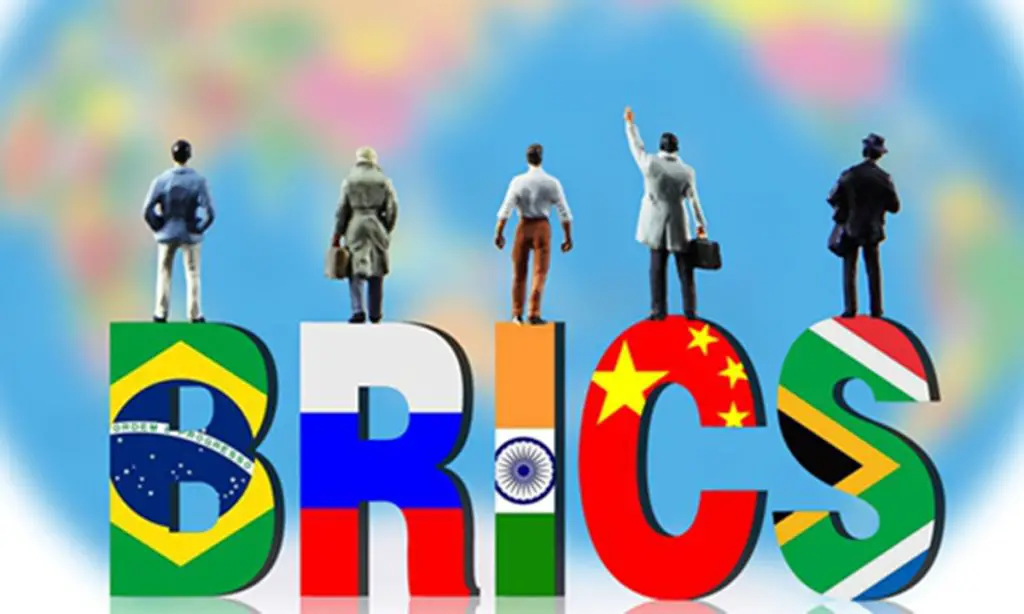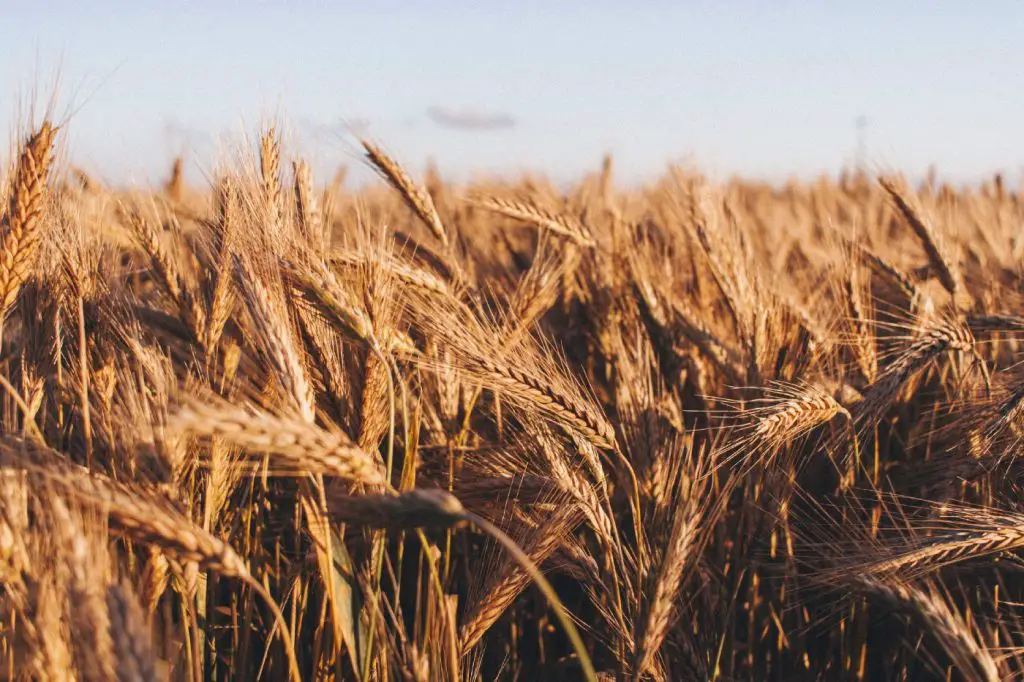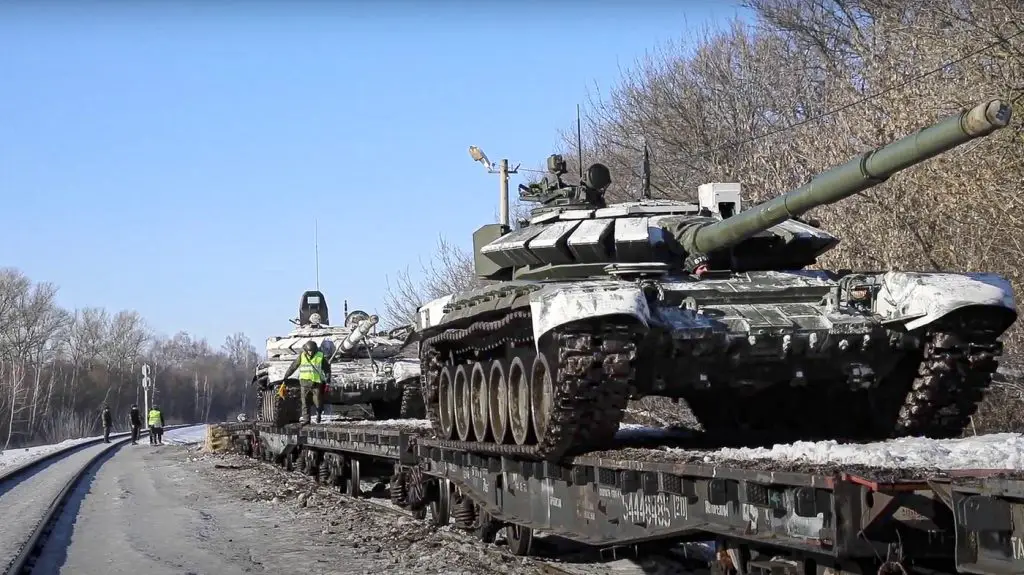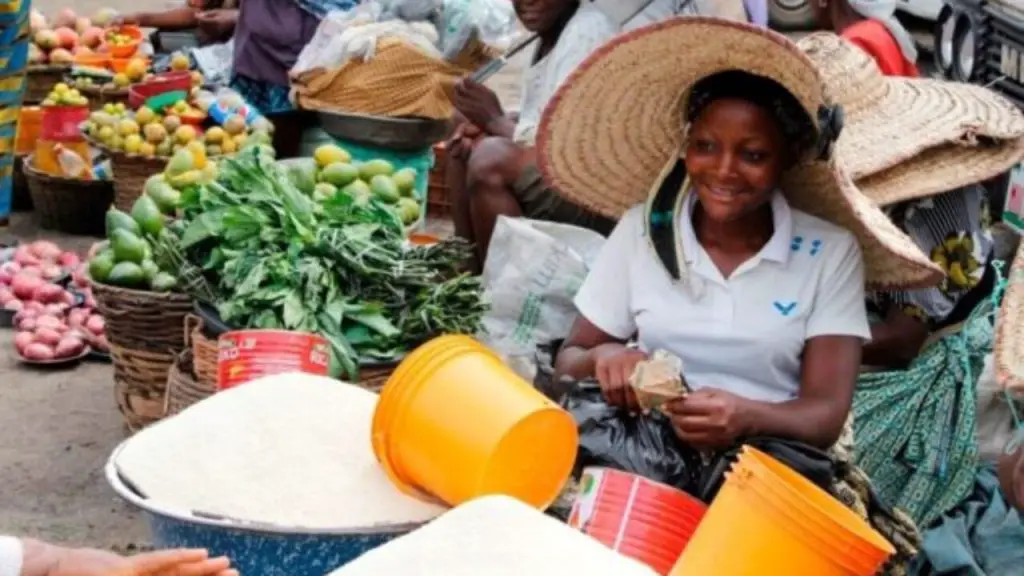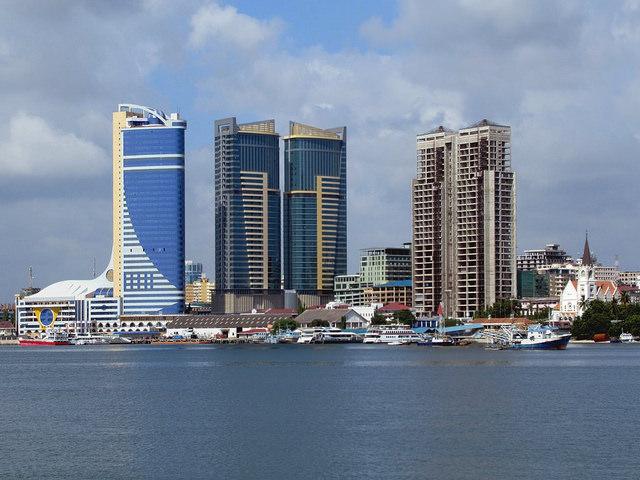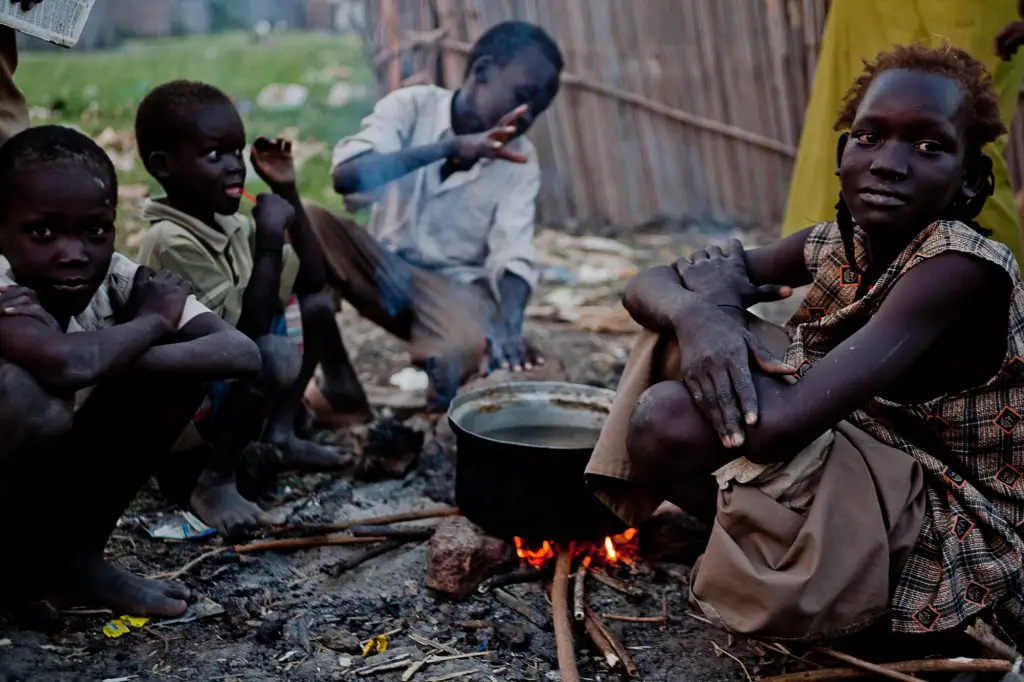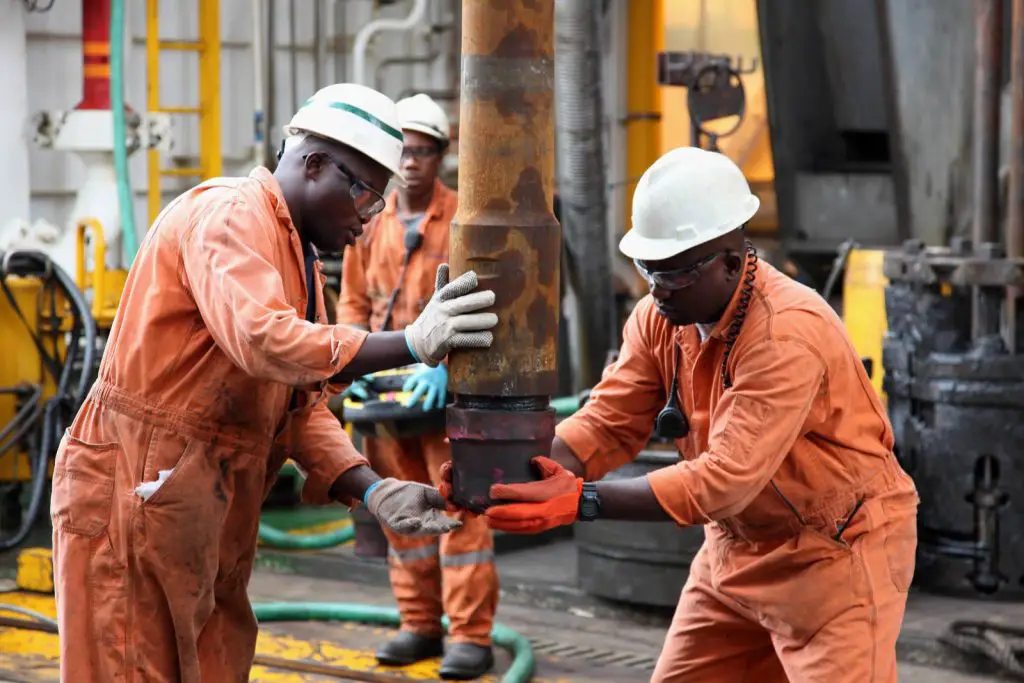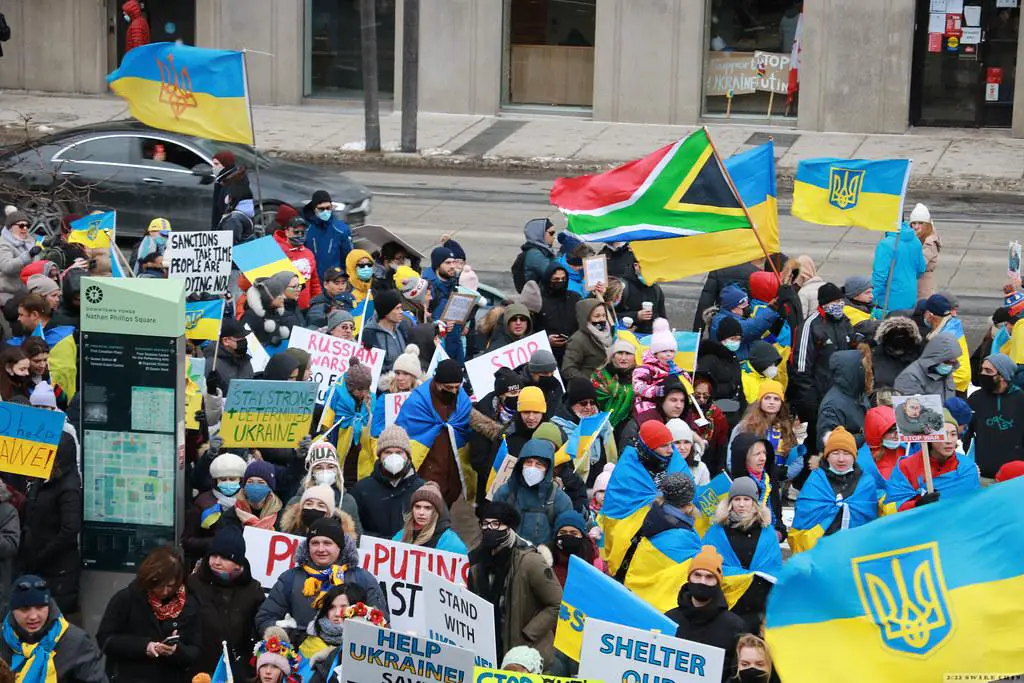- Africa’s Green Economy Summit 2026 readies pipeline of investment-ready green ventures
- East Africa banks on youth-led innovation to transform food systems sector
- The Washington Accords and Rwanda DRC Peace Deal
- Binance Junior, a crypto savings account targeting children and teens debuts in Africa
- African Union Agenda 2063 and the Conflicts Threatening “The Africa We Want”
- New HIV prevention drug is out — can ravaged African nations afford to miss it?
- From banking to supply chains, here’s how blockchain is powering lives across Africa
- Modern railways system sparks fresh drive in Tanzania’s economic ambitions
Browsing: Russia
The current large-scale transition of the global economy, principally triggered by the current conflict between Ukraine and Russia as well as the standoff between China and the United States, creates a multipolar world map with new centres of power.
Brazil, Russia, India, China, and South Africa, also known as the BRICS nations, have enhanced industrial and financial might and are pushing for a seat at the global new power axis table. These nations are essential participants in international markets for products, services, and money, having a considerable, sometimes decisive, effect on how the global economy operates.
Dr. Tiberio Chiari, former Manager of the Agricultural Value Chains Programme in Oromia- Ethiopia, within the Ethio-Italian Development Cooperation Framework, offers some of these efforts that the government has implemented in the Ethiopian wheat value chain that other African countries can learn from.
Launch and execution of suitable growth policies
The government keeps working harder to ensure the country’s current dependence on wheat importation (of about 1.7 million tonnes) is fully nullified. After years of field experimentation, in 2021, the Ethiopian government launched its new plan.
The objective of the plan is to cut down the import of wheat by producing during the cold season in pastoral dry areas currently available in the Awash, Omo and Shebelle river basins. The approach includes the cultivation of 400,000 hectares of land and the deployment of a large-scale commercial farming model to achieve a productivity of 4.4 tonnes/ha.
Every African region has felt the effects of Russia’s invasion of Ukraine, with West Africa also bearing the burden of…
Rising costs have remained a critical issue in the aftermath of the outbreak. Data from the World Bank/NBS Nigeria – COVID-19 National Longitudinal Phone Survey 2020 reveals that food prices rose rapidly following the pandemic. In March and April, basic food commodity prices increased by 17.2 per cent and 18.37 per cent, respectively. According to the National Bureau of Statistics (NBS), the rise remains the highest in two years.
Recent findings based on comprehensive and long-term monthly food price data have revealed considerable price rises for all chosen food categories during the pandemic. Imported rice and wheat costs, for example, have climbed by 41% and 21%, respectively.
Wheat prices surged by 21% nationally, with considerable increases in price dispersion across markets when the epidemic began, and prices continue to grow.
Wheat is the main component of bread and other products such as noodles, pasta, semolina, and other Nigerian pantry staples. The consumption of these items is higher in cities due to easier market access than in rural regions. Nevertheless, bread remains a major staple throughout the country.
Further, the IMF argued that the ECF arrangement for Tanzania supports government priorities, strengthening fiscal space for much-needed social spending and high-yield public investment, resuming and advancing the authorities’ structural reform agenda and strengthening financial deepening and stability.
Moreover, the IMF statement noted that “the ECF arrangement is centred on supporting the economic recovery from the scarring effects of Covid-19 and coping with spillovers from the war in Ukraine; preserving macroeconomic stability, and advancing the structural reform agenda toward sustainable and inclusive growth.”
On a broader scale, the IMF’s financial support goes after levitating Tanzania’s essential priorities.
AfDB aims to assist 40 million farmers in raising their production of heat-resistant wheat varieties, soybeans, and rice, among other…
The Ukraine invasion by Russia and the resulting conflict has created an economic vortex for the whole world. Reports state…
As a gigantic energy superpower, Russia’s foreign direct investment (FDI) accounts for less than 1 per cent of Africa’s total FDI.
However, African Business argued that, with Russia being a small trading partner to Africa compared to the United States and China, the impact on trade would be marginal—yet few Africa developing economies such as Uganda will be more exposed.
Further, United Nations Conference on Trade and Development (UNCTAD) data show that Russia accounts for 2 to 3 per cent of Africa’s trade with the world—most of it is exports.
“Russia also accounts for 2 per cent of the world’s exports to Africa, and only 0.5 per cent imports from the continent” African Business.
“Both Angola and Mozambique have a very limited level of trade with Russia and Ukraine; Angola imports wheat and yeast from Russia, while Mozambique imports a significant amount of wheat and a small amount of refined oil from Russia,” Oxford Economics Africa analyst who follows these two African economies told Mozambique News Agency.
“It appears that, at least for now, Angola is generally benefiting from higher oil and gas prices, which are partially driven by the conflict,” Gerrit van Rooyen said in remarks from Paarl, South Africa. Higher oil prices are positive for government revenues,” the analyst added. If the rise is sustained, “this could increase investment in Angola and lower debt levels faster than previously anticipated.”
“If gas prices remain high due to the conflict, this will be positive for investments in Mozambique’s liquefied natural gas [LNG],” his analysis continues, since “the profits from the natural gas in the Rovuma basin could be greater than the risk of armed extremist insurgency in the region.”
More than 677,000 have fled Ukraine to Poland, Romania and other countries African students in Ukraine are facing racial discrimination…





